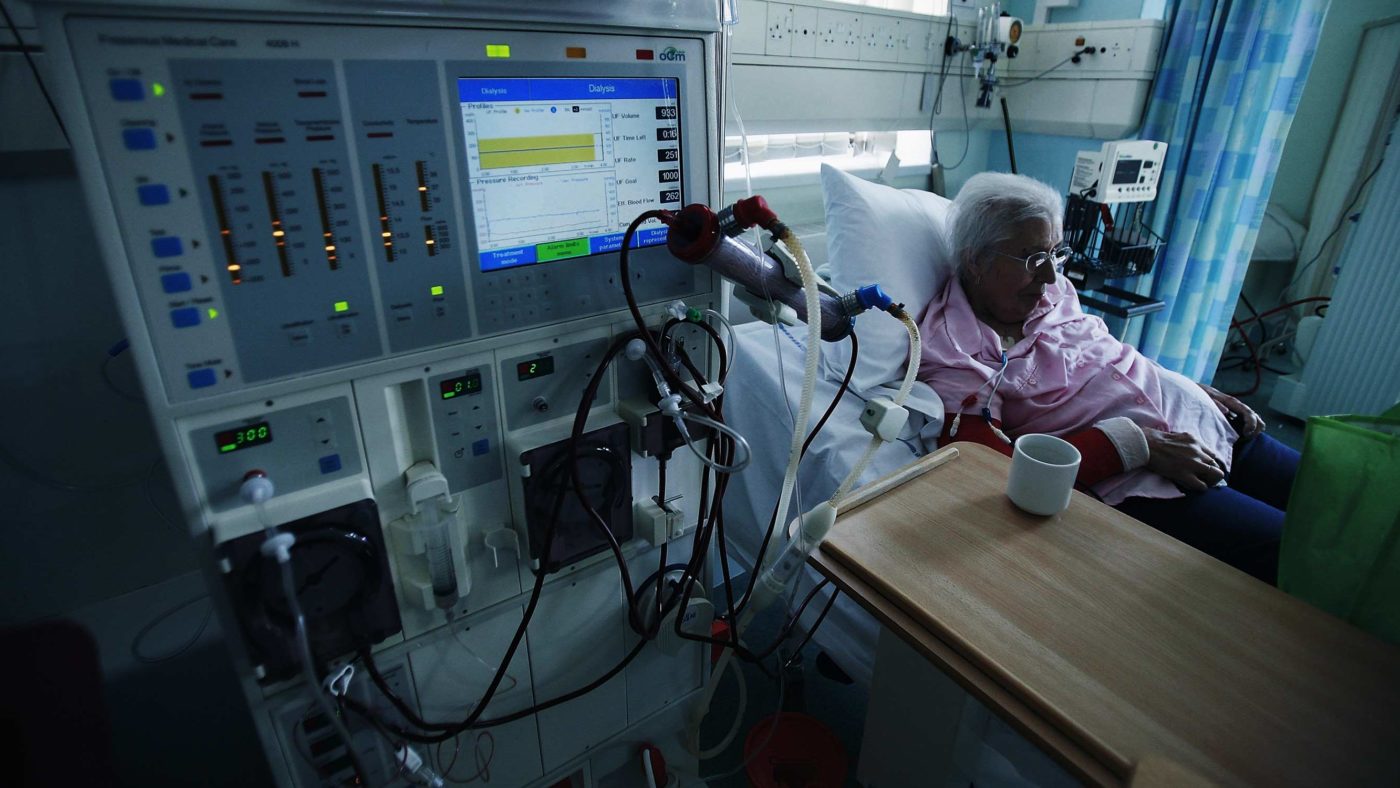Last Friday, Parliament pushed forward with plans to require people to actively “opt out” if they do not want their organs to be used for transplants after death. With some 6,500 patients on the waitlist for a transplant and over 400 dying from the shortage each year, the majority (254 according to the NHS) requiring a kidney transplant, any step to shorten wait-times and save lives should be welcomed. According to Labour MP Geoffrey Robinson, the bill could save up to 500 lives a year.
Yet an opt-out system is no panacea. In Wales, the number of deceased donors actually fell after an opt-out system was put in place. While Sweden, which has had a system of presumed consent for over 20 years, has one of the lowest rates of organ donation in Europe. In part, this is because families have the final say. But it is also the result of higher stroke survival rates and fewer traffic fatalities reducing the number of organs available for transplant. One morbid study found that in US states without motorcycle helmet requirements, one in three motorcycle deaths saved a life. Chancellor Philip Hammond is right to push for the accelerated roll-out of safe driverless cars, but with the end of drunk driving on the horizon, increasing the number of living donors is becoming a major imperative for healthcare systems worldwide.
For better or worse, altruism alone won’t fill the gap. Britain needs to change the law to give organ donors, particularly kidney donors, a financial incentive to donate. Rewards for donors are currently illegal, and although they can be reimbursed for “reasonable expenses”, there is no legal obligation for the NHS to do so. The best we do is allow a form of barter developed by the Nobel Prize winning economist Al Roth, in which incompatible donor-patient pairs are matched up and surgeries are performed simultaneously. In this way, up to three transplants can be triggered by one additional donor.
Like the move to an opt-out system, the donor matching market is a valuable policy innovation – a way of getting around our sense of repugnance at the idea of giving donors a direct financial incentives. Yet it, too, is not enough. While the average time patients spend on the kidney waiting list has declined, it still routinely takes over three years before a match is found. In contrast, it’s clear from markets where financial rewards for donors are permitted that they are effective at increasing supply.
Couples in the UK, where paying egg donors is illegal, often travel to the US for IVF, where paying donors is legal. In many provinces in Canada, paying for blood plasma is illegal, and as a result 80% of Immune Globulin is imported from America, where college students earn money by selling blood plasma. Iran created a regulated market for kidneys in the 1980s, and by 1999 the kidney transplant waitlist was almost entirely clear.
Kidney donors not only save lives and allow patients to come off dialysis, they also save the NHS money. According to the National Kidney Federation, each kidney transplant saves the NHS over £200,000 by reducing the need for expensive dialysis treatment. That’s significantly more than $40,000 price the Nobel Laureate Gary Becker and his co-author Julio Elias estimated would be necessary to eliminate the kidney shortage altogether.
The NHS has significant latitude to design a financial reward in a way that addresses all of the commonly cited objections to donor compensation. Fear of exploiting a poor or desperate donor, for example, can be mediated by withholding any incentive for a six month waiting period, or by requiring that the donor demonstrate their financial security. Under the status quo, in contrast, the desperation of the patient is ever present, and routinely exploited by quack doctors selling false hope, and a global black market in which thousands of organs are bought and sold every year.
Others fear that the offer of monetary compensation dissuades donors who wish to act purely out of selflessness, reducing total donations. The evidence for this effect is extraordinarily weak, failing to even show up in studies of blood donors for whom rewards are quite modest. Nonetheless, there are many easy ways to short circuit the potential for motivational crowd-out. Donors could be offered the ability to make a charitable donation in lieu of compensation, for example, or to receive compensation in indirect or non-pecuniary ways. Rewards could even be used to express society’s gratitude to donors.
Then there are those who are simply repulsed by the idea of paying for organs, per se – the strange notion that “commodification” risks a greater abrogation of human dignity than a culture that permits hundreds of avoidable deaths. The tragedy is that paying for organs is inevitable. Either we choose to pay donors directly, or society pays through an utterly predictable loss of life and treasure.


